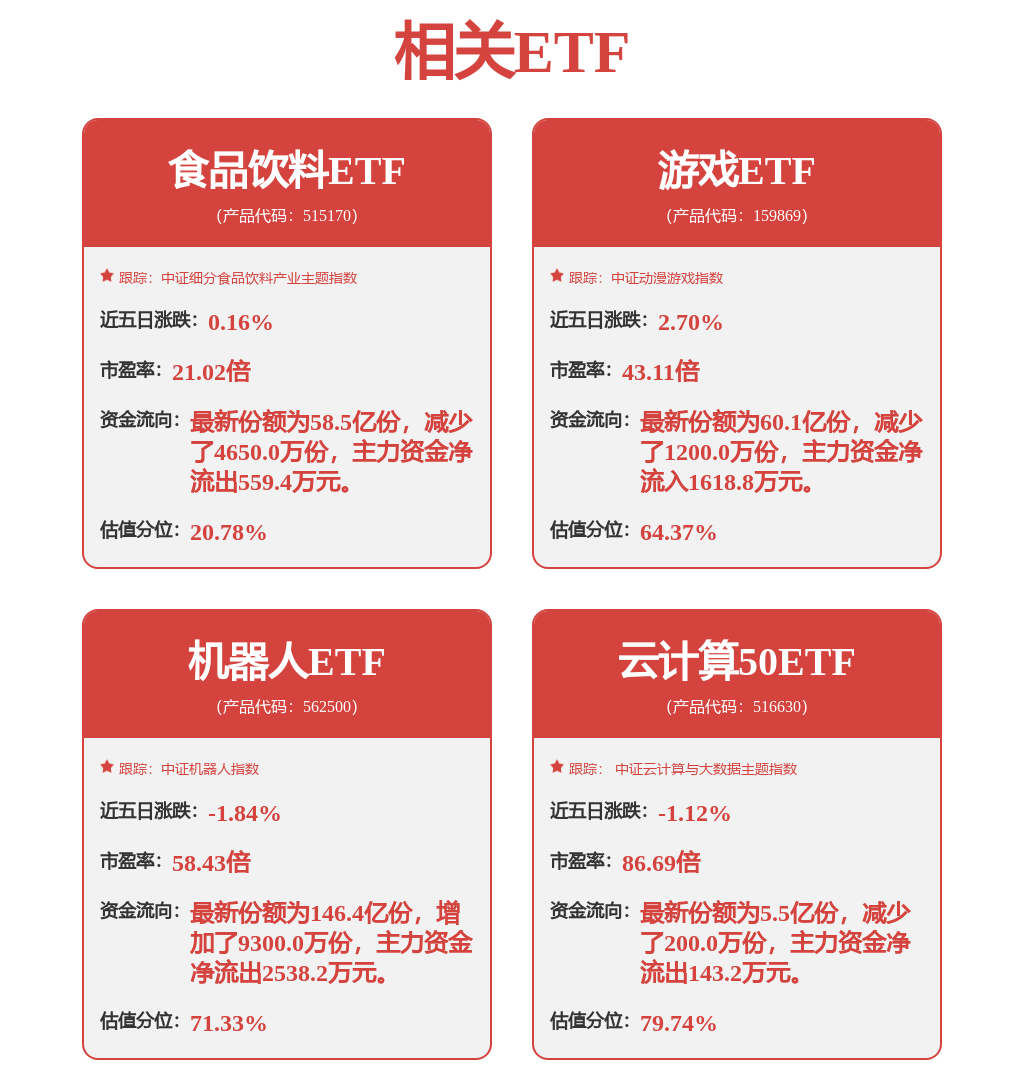Zikula CMS 1.3.5澶氶噸缂洪櫡鍙婁慨澶
鏍囬
===============
Zikula CMS v1.3.5 - Multiple Web Vulnerabilities
绋嬪簭浠嬬粛
===============================
Zikula is an open source MVC web application framework, released under the LGPLv3, that allows you to rapidly
build websites for any application including all forms of content management. Zikula is fast and flexible and
easily extendable via a system on plugins, themes and extensions.
No matter what your needs, Zikula can provide the solution. Whether it is a corporate presence with ecommerce,
a simple blog or a community portal, Zikula can do it all. Best of all, its completely free. Our community forum
provides you with the support and help you need free of charge.
(鎽樿嚜: http://http://www.zjjv.com///CMS/Zikula/ )
鎽樿:
==============================
The Vulnerability Laboratory Research Team discovered multiple web vulnerabilities in the Zikula Content Management System v1.3.5 web-application.
褰卞搷鐗堟湰
====================
PostNuke e.V.
Product: Zikula Content Management System - Web Application 1.3.5
鎶鏈鎽樿:
================================
1.1
A persistent input validation web vulnerability is detected in the Zikula Content Management System v1.3.5 web-application.
The bug allows an attacker (remote) to implement/inject malicious own malicious persistent script codes (application side).
The persistent web vulnerability is located in the `User Information (Page)` & `Profile Info (Page)` module. Remote attackers
are able to change the regular real name in the profile info page to own malicious script codes. The script code execute occurs
in the user profile info page of the public cms application.
Exploitation of the persistent web vulnerability requires low user interaction and a low privileged web-application user account
Successful exploitation of the vulnerability can lead to persistent session hijacking (customers), account steal via persistent
web attacks, persistent phishing or persistent module context manipulation.
Request Method(s):
[+] [POST]
Vulnerable Module(s):
[+] User Information (Page)
Vulnerable Parameter(s):
[+] real name (z-formnote)
Affected Module(s):
[+] Profile Info
1.2
A client-side POST injection web vulnerability is detected in the official Zikula Content Management System v1.3.5 web-application.
The non-persistent cross site web vulnerability allows an attacker to manipulate client side web application to browser GET method requests.
The client-side cross site web vulnerability is located in the `login` module of the web-application. Remote attackers can inject via POST
request method own malicious script codes as authentication_info (users_login) value.
Exploitation of the vulnerability requires no privileged application user account but low or medium user interaction. Successful exploitation
of the vulnerability results in session hijacking, client-side phishing, client-side external redirects or malware loads and client-side
manipulation of the vulnerable module context.
Request Method(s):
[+] [POST]
Vulnerable Module(s):
[+] Login
Vulnerable Parameter(s):
[+] users_login_login_id > authentication_info > username & password text
1.3
A client-side cross site scripting web vulnerability is detected in the Zikula Content Management System v1.3.5 web-application.
The non-persistent cross site scripting web vulnerability allows an attacker to manipulate client side web application GET method requests.
The first client-side cross site vulnerability is located in the `func` value of the index.php file. Remote attackers are able to inject own
malicious script codes via vulnerable `func` parameter in client-side GET method requests.
The second client-side cross site vulnerability is located in the display name to path value GET method request. Remote attackers are able
to inject own malicious script codes as regular path. The script code execute occurs in the news display path. Attackers can change the
regular path with script code to execute the client-side malicious context.
Exploitation of the vulnerability requires no privileged application user account but low or medium user interaction. Successful exploitation
of the vulnerability results in session hijacking, client-side phishing, client-side external redirects or malware loads and client-side
manipulation of the vulnerable module context.
Request Method(s):
[+] [GET]
Vulnerable Parameter(s):
[+] display path
[+] func
娴嬭瘯璇佹槑 (PoC):
=======================
1.1
The persistent input validation web vulnerability can be exploited by remote attackers with low privileged application user account
and low user interaction. For demonstration or reproduce ...
Inject via Real Name
http://http://www.zjjv.com// " title="demoadmin's site" rel="nofollow">http://http://www.zjjv.com/// Load Flags[LOAD_DOCUMENT_URI ]
Content Size[65038] Mime Type[text/html]
Request Headers:
Host[vuln-lab.com]
User-Agent[Mozilla/5.0 (Windows NT 6.1; WOW64; rv:24.0) Gecko/20100101 Firefox/24.0]
Accept[text/html,application/xhtml+xml,application/xml;q=0.9,*/*;q=0.8]
Accept-Language[en-US,en;q=0.5]
Accept-Encoding[gzip, deflate]
DNT[1]
Referer[http://http://www.zjjv.com//]
X-Powered-By-Plesk[PleskWin]
Date[Tue, 15 Oct 2013 23:44:07 GMT]
Content-Length[65038]
1.2
The client-side POST inject web vulnerability can be exploited by remote attackers without privileged application user account and
low user interaction. For demonstration or reproduce ...
Inject & Affected by Exploitation
http://zikula.localhost:8080/en/benutzer/login
PoC: Login - Username & Password
<fieldset>
<div id="users_login_fields">
<div class="z-formrow">
<label for="users_login_login_id">User name</label>
<input id="users_login_login_id" name="authentication_info[login_id]"
maxlength="64" value=">" <<="" type="text">"<[NON-PERSISTENT INJECTED SCRIPT CODE VIA POST METHOD!]"> >" />
</div>
--- PoC Session Logs (Response/Request) ---
Status: 200[OK]
POST http://zikula.localhost:8080/en/benutzer/login
Load Flags[LOAD_DOCUMENT_URI LOAD_INITIAL_DOCUMENT_URI ]
Content Size[10101] Mime Type[text/html]
Request Headers:
Host[zikula.localhost:8080]
User-Agent[Mozilla/5.0 (Windows NT 6.1; WOW64; rv:24.0) Gecko/20100101 Firefox/24.0]
Accept[text/html,application/xhtml+xml,application/xml;q=0.9,*/*;q=0.8]
Accept-Language[en-US,en;q=0.5]
Accept-Encoding[gzip, deflate]
DNT[1]
Referer[http://zikula.localhost:8080/en/benutzer/login]
Cookie[ZKSID2=196ab1525de479adc56a04829204d4b389462996]
Connection[keep-alive]
Post Data:
authentication_method%5Bmodname%5D[Users]
authentication_method%5Bmethod%5D[uname]
returnpage[]
csrftoken[NTI1ZGQ0M2RkYTE2NDYuMTIwMTA5MjA6MDZmM2JhNmM1YzU0ZDgzYWQzN2JhMTNlYTkzYTUwMDM6MTM4MTg4MDg5Mw%3D%3D]
event_type[login_screen]
authentication_info%5Blogin_id%5D[%3E%22%3C%3C%3E%22%3C[NON-PERSISTENT INJECTED SCRIPT CODE!]%3E+%3E]
authentication_info%5Bpass%5D[%3E%22%3C%3C%3E%22%3C[NON-PERSISTENT INJECTED SCRIPT CODE!]%3A%2F%2F]
rememberme[1]
submit[]
1.3
The client-side cross site scripting web vulnerabilities can be exploited by remote attackers without privileged application user account and
low or medium user interaction. For demonstration or reproduce ...
http://zikula.localhost:8080/en/news/display/camp-zikula-&[CLIENT-SIDE CROSS SITE SCRIPTING VULNERABILITY!]//
http://zikula.localhost:8080/index.php?module=benutzer&type=admin&func=-%27+[CLIENT-SIDE CROSS SITE SCRIPTING VULNERABILITY!]&lang=en&userid=3
瑙e喅鏂规堝拰琛ヤ竵:
=======================
1.1
The first persistent input validation web vulnerability can be patched by a secure encode and parse of the real name profile input fields.
Also parse the vulnerable user profile info output page to ensure the issue is fixed.
1.2
Parse the username input field in the login module. Encode also the vulnerable users_login_id and authentication_info[login] values.
1.3
Parse and encode the vulnerable func value parameter in the index.php.
Encode and filter the path value in the display section to prevent client-side attacks.
Security Risk:
==============
1.1
The security risk of the persistent input validation web vulnerability is estimated as high(+).
1.2
The security risk of the non-persistent post inject web vulnerability is estimated as medium(+).
1.3
The security risk of the client-side cross site scripting web vulnerabilities are estimated as low(+)|(-)medium.
0
0




